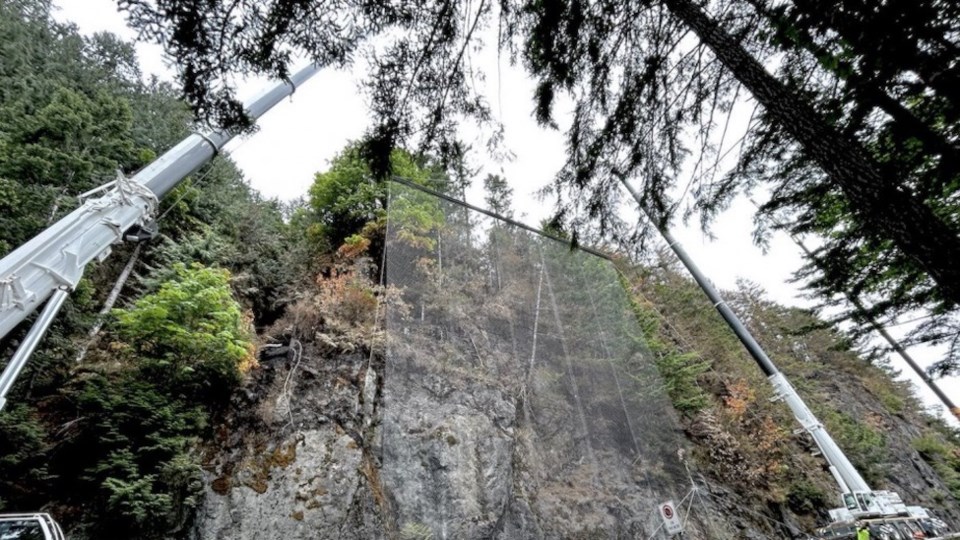Communities along Vancouver Island’s Highway 4 felt shockwaves last summer as closures shook up their local businesses, tourism and overall recreation in the area, with negative impacts still being felt.
The closure occurred at the peak of tourism season, when local businesses anticipate the majority of revenue needed to cover their costs throughout the rest of the year, said Jolleen Dick, CEO of the Alberni Valley Chamber of Commerce.
“The impact of the road closure during the tourist season definitely impacted revenues for everybody,” she said.
“That's when you're making your money and your revenues to get through the year, get through the winter and pay off your debts. And it was super-challenging for people to be able to do that.”
Highway 4 experienced intermittent closures beginning in June due to a wildfire that eventually covered 200 hectares. Access to Port Alberni, Ucluelet, Tofino and other West Coast communities was cut off. Two-way traffic resumed Aug. 31.
In Tofino, businesses lost an estimated $29.7 million in revenue during the closure and Ucluelet businesses lost $14 million, according to the Tofino-Long Beach Chamber of Commerce.
The total of nearly $44 million did not include revenue lost in the Alberni Valley, with knock-on effects also felt on the Island’s east coast.
“Parksville Qualicum Beach (PQB) briefly saw more visitors who were destined for the west coast but were stranded when the closure first happened and when there were unexpected changes to the alternating traffic schedule,” said Blain Sepos, executive director of destination marketing association Parksville Qualicum Beach Tourism, in an email.
“However, industry anecdotes point to fewer visitors overall as guests cancelled trips when they realized it wouldn't be as easy to explore the Island using PQB as their home base.”
The tourism and recreation industry, in general, took a hit in 2023 thanks to the inflationary environment and households cutting back on discretionary spending, as well as labour shortages that resulted in higher operating costs for businesses, according to Destination BC.
Further compounding the issue was the recent deadline for businesses to pay back interest-free pandemic loans, said Dick. About 900,000 small businesses tapped interest-free Canada Emergency Business Account (CEBA) loans of up to $60,000 geared towards providing pandemic relief.
Dick said that these payments made it even more challenging for businesses that missed out on revenue during the closures.
For real estate agent Judy Gray from the Gray Team in Tofino, the main emotion this past summer was frustration.
“If I look at sales in Tofino, they pretty much came to a halt in June. There was one sale in July and then no sales again until September,” said Gray, adding that in 2022, Tofino recorded seven property sales between late June and August.
In Ucluelet, sales last summer were somewhat on par with the year before. There were eight property sales between late June and August, compared to six in 2023 during the same period.
Going forward, Dick said that there needs to be changes made to the Emergency Program Act, a legislative framework for the management of disasters and emergencies in the province.
“We definitely need to see some changes and event definitions so that businesses that are impacted by road closure can be accommodated,” she said, adding that there was a lack of support from the province.



